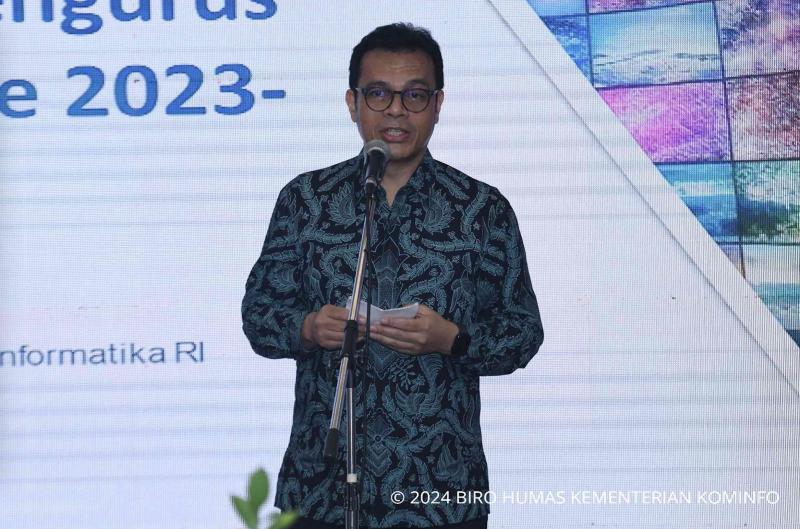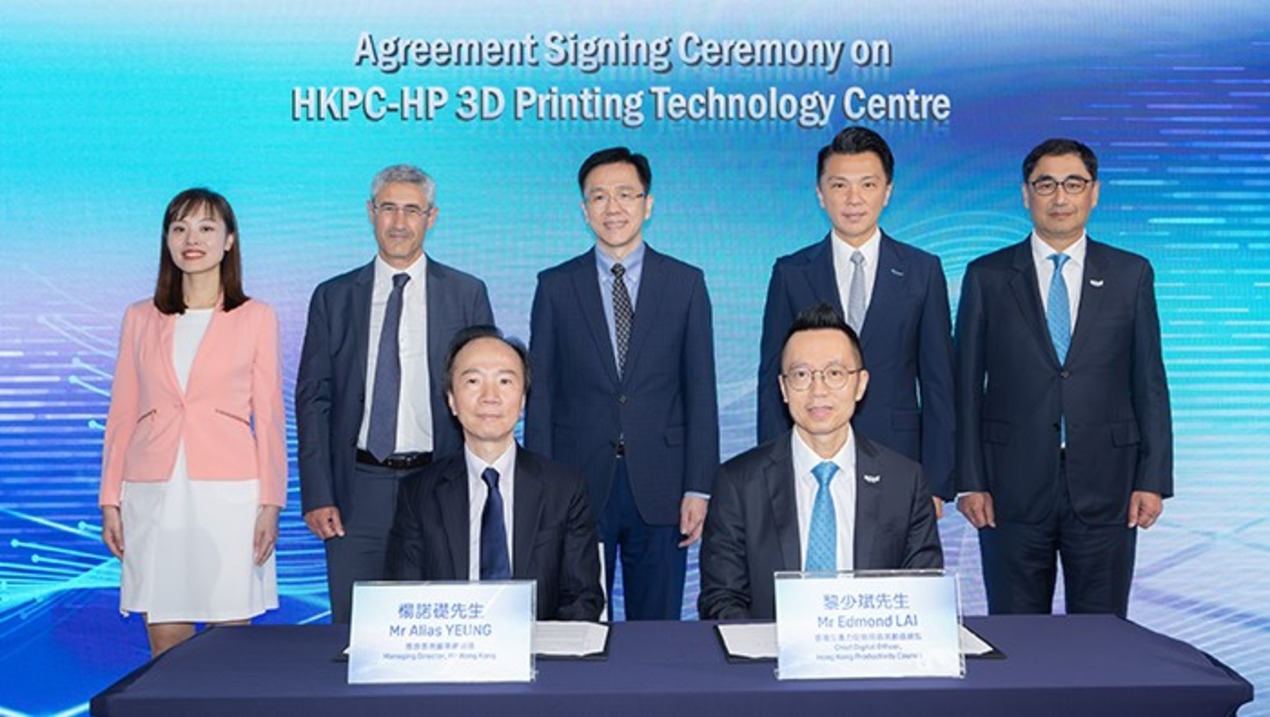
|
Getting your Trinity Audio player ready...
|
Amid the ongoing digital technology disruption, the national television industry cannot ignore the impacts that arise. Rapid developments in digital technology bring profound changes in various aspects, ranging from viewer behaviour to shifts in content landscapes and advertising strategies.

The shift in viewer behaviour towards digital platforms also has a significant impact on the business models in the media and entertainment industry. Traditional television stations must innovate and adjust their strategies to remain competitive in this increasingly dynamic environment.
One of the main impacts of audience migration to streaming platforms and video-on-demand (VOD) services is the increased demand for content that can be accessed anytime and anywhere. Traditional television stations must focus on producing content that is not only appealing for direct television viewing but also accessible digitally. This includes the development of user-friendly content accessible through various devices such as smartphones, tablets, and Smart TVs.
Further, the subscription-based business model is becoming increasingly dominant in this industry. Many viewers are subscribing to streaming platforms that offer ad-free content or content with more focused advertising. Traditional television stations should consider providing subscription options or partnering with streaming platforms to create additional revenue and retain their audience.
The importance of data analysis also rises with this transformation in viewer behaviour. Streaming platforms and VOD services can collect detailed user data, which can be used to understand audience preferences, make better content recommendations, and guide marketing strategies. Traditional television stations need to develop their data analysis capabilities to keep up with these trends and better understand their audience.
Additionally, collaboration between traditional television stations and digital platforms has become increasingly crucial. Strategic alliances can create opportunities to reach a wider audience, share resources, and expand content coverage. The migration of viewers to digital platforms is not only a definite threat but also an opportunity to redesign business models and create a better content experience for the audience.
Deputy Minister of Communication and Information, Nezar Patria, emphasised that players in the television industry, as part of the private television association in Indonesia, need to adapt and capitalise on digital disruption opportunities. Adapting to digital changes is not only a necessity but also a key to business sustainability and industry relevance.
Deputy Minister Nezar Patria highlighted the consequences of technological disruption, especially in the context of the shift from terrestrial to digital broadcasting. He mentions Thailand’s experience five years ago, where ad growth stagnated, players increased, and competition became tighter. Therefore, participants in the television industry need to redefine their business strategies to stay competitive.
Nezar expressed optimism regarding the development of the entertainment industry sector as one of the outcomes of digital disruption for broadcast television, including through the use of Artificial Intelligence (AI) technology. He points out the significant growth in advertising for entertainment content and digital media, aided by technological developments that enable content production at lower costs.
The significant increase in advertising growth for entertainment and digital media content, as highlighted by Nezar, indicates a paradigm shift in marketing strategies. Companies are increasingly realising the appeal of digital content and the potential for more accurate segmentation through the use of AI technology. The ability to produce content at lower costs is also an additional incentive to adopt digital solutions in advertising campaigns.
Data has revealed that the global television service user base will reach 5.7 billion by 2027, indicating a sustained high demand for entertainment content. The annual growth of approximately 3.66% until 2027 confirms that this market continues to expand, creating opportunities for industry players to innovate and adapt to continuous changes.
Further, the global TV and Video industry’s growth of 3.04% per year in the period 2024-2028, estimated to reach US$805.2 billion, marks the positive impact of digital disruption. As a growing sector, advertising becomes one of the main drivers of this growth, demonstrating that advertisers increasingly recognise the value and effectiveness of ads in the continually evolving digital environment.
By leveraging the advancements in digital technology, including AI, the entertainment and television industry can continue to explore new opportunities. Innovative strategies, rapid adaptation to market trends, and the utilisation of technology will be the keys to success in facing digital disruption, propelling this industry to higher levels of competitiveness in the modern era.
















